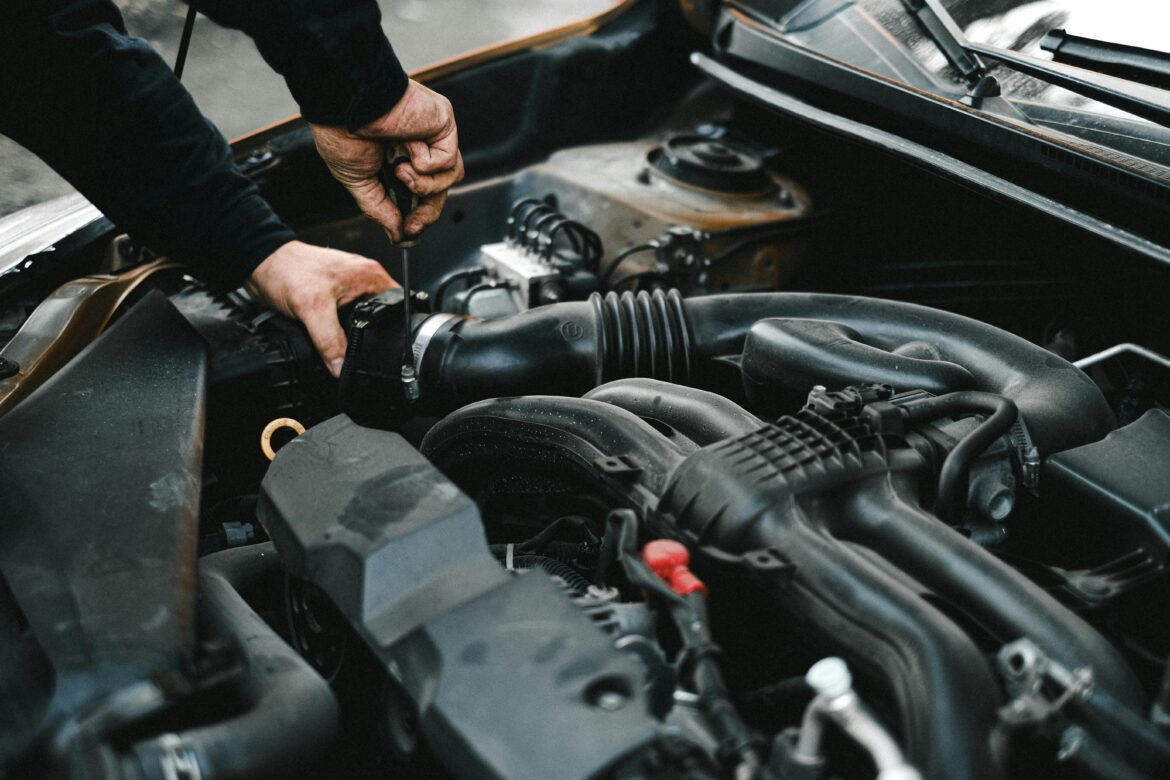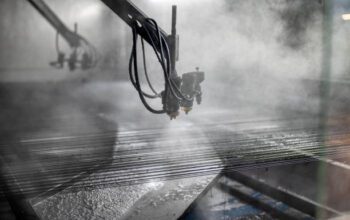Key Takeaways:
- Regular maintenance is crucial for car longevity and safety.
- Follow a detailed maintenance schedule to avoid significant repairs.
- Learn essential car maintenance tips for optimal performance.
Table of Contents:
- The Importance of Regular Car Maintenance
- Creating a Car Maintenance Schedule
- Basic Car Maintenance Tips
- Essential Tools for Car Maintenance
- Common Car Problems and How to Avoid Them
- When to Seek Professional Help
- Summary and Final Thoughts
The Importance of Regular Car Maintenance
Regular car maintenance is essential not just for extending the life of your vehicle but also for ensuring your safety on the road. A well-maintained car runs more efficiently, consumes less fuel, and has a smaller carbon footprint. Simple routine checks can prevent significant breakdowns and keep your car running seamlessly. For those who prefer trusted professionals, visiting a Honda authorized service center can provide peace of mind and reliable service from technicians specializing in Honda vehicles.
Skipping regular checkups can lead to unexpected failures, which might leave you stranded and frustrated. Such neglect causes inconvenient breakdowns and can escalate minor issues into significant repairs, costing hundreds or even thousands of dollars. Therefore, implementing a comprehensive maintenance routine is more than just a recommendation; it’s necessary. Regular maintenance also helps retain the car’s resale value, presenting a well-maintained history that future buyers find appealing.
Creating a Car Maintenance Schedule
An effective maintenance schedule can prevent many problems and keep your car running smoothly. To form a robust schedule, it’s crucial to include regular checks and timely replacements. Here is a breakdown for creating an efficient maintenance timetable:
- Monthly: Check tire pressure, oil levels, water coolant, and lights. Ensure all essential fluids are at optimal levels to keep components running smoothly.
- Change the oil and filter, rotate the tires, and check the belts and hoses for wear and tear every 3,000 to 5,000 miles. This routine helps maintain engine health and improve tire longevity.
- Every 15,000 to 30,000 miles: Inspect brakes, replace air filters, and check the battery. Keeping these components in good condition ensures your safety and the vehicle’s performance.
- Annually: Perform a comprehensive diagnostic test, inspect the exhaust system, and replace spark plugs. An annual checkup can identify hidden problems and prevent them from escalating.
Planned maintenance from professionals, such as Honda parts and accessories, reduces the possibility of unplanned problems and guarantees flawless car operation.
Basic Car Maintenance Tips
Check Oil Levels
The engine’s health depends on maintaining the proper oil levels. Oil reduces friction, keeping moving parts from overheating. Engine seizing due to low oil levels might result in costly repairs or even complete engine failure. To check your oil, locate the dipstick, pull it out, and wipe it clean. Reinsert it thoroughly, then pull it out again to check the oil level. If the oil is below the minimum mark, it’s time to top it up.
Brake Checks
Routine brake inspections ensure safe driving. Worn brake pads can cause accidents and brake failure. Replacing brake pads regularly is a simple task that can significantly improve stopping power. Listen for squealing or grinding noises, which indicate it’s time for a brake inspection. Check the brake fluid reservoir and replenish it to the recommended amount to ensure your brakes work correctly.
Tire Pressure
Tires must have the correct pressure for safety, longevity, and fuel efficiency. Over-inflated tires can result in uneven wear and decreased grip, while under-inflated tires can cause blowouts. Check the tire pressure monthly with a trustworthy gauge and make any necessary adjustments. Refer to the manufacturer’s guidelines for the correct pressure, often found on a sticker inside the driver’s door.
Battery Health
Make sure your battery is fully charged and inspect the terminals for corrosion. A dead or weak battery can leave you stuck at inconvenient times. After cleaning the terminals with a solution of baking soda and water, dab them with petroleum jelly to stop further corrosion. Test your battery’s charge regularly with a multimeter, especially before long trips or during extreme weather conditions.
Essential Tools for Car Maintenance
Having the correct tools can make car maintenance far more manageable. Even basic maintenance tasks become much simpler when you have access to the proper equipment:
- Car Jack: This is essential for lifting the car during tire changes or inspections underneath the vehicle. A sturdy jack stand is recommended for safety.
- Screwdriver Set: Useful for various fixings such as tightening loose screws, removing screws from trim and panels, and other small tasks that require precision.
- Tire Pressure Gauge: This is essential for checking tire pressure regularly. Digital gauges are preferred for their accuracy and easy-to-read displays.
- Multimeter: Helps check electrical connections and battery health and troubleshoot various electrical issues in the vehicle.
Investing in quality tools can save you a lot of headaches and make maintaining your car smoother and more efficient. Well-made tools are more reliable and can last a lifetime if properly cared for.
Common Car Problems and How to Avoid Them
Regular checks can prevent many car issues. One common problem is engine overheating, often caused by low coolant levels. Regularly checking and topping off your coolant can help avoid such issues. Low coolant levels can usually be spotted by a rising temperature gauge or warning light on your dashboard. The coolant reservoir should be cleared and filled with the designated line.
Another frequent issue is dead batteries, particularly in extreme weather conditions. Monitoring battery health and replacing it every three to five years can prevent this problem. Additionally, modern vehicles come equipped with various sensors and warning lights that alert you to issues before they become serious. Monitoring these indicators and addressing minor problems immediately can save considerable hassle in the long run.
When to Seek Professional Help
While essential maintenance can be done at home, some tasks require professional expertise. Unusual sounds, such as knocking or grinding, reduced fuel efficiency, or persistent problems that don’t resolve with standard maintenance, should be addressed. These could be signs of serious underlying issues that require the attention of a trained mechanic.
Furthermore, professionals should always check safety-related systems such as brakes, steering, and suspension to ensure they meet the highest standards. Seeking help from a professional ensures that these problems are accurately diagnosed and effectively resolved, preventing minor issues from escalating into major repairs. If you’re ever in doubt, it’s always best to consult a trusted mechanic to avoid further damage and costly repairs.
Summary and Final Thoughts
Regular car maintenance is crucial for your vehicle’s longevity and safety. By following a detailed maintenance schedule, conducting basic checks, and having the right tools, you can ensure optimal performance and avoid major repairs. Regularly checking oil levels, brakes, tire pressure, and battery health can avert many common car problems and keep your vehicle in top condition.
Knowing when to seek professional help can also save you from potential headaches. Fixing small issues promptly prevents them from becoming prominent, and consulting with professionals ensures your car remains reliable and safe to drive. Your vehicle is an investment, and taking care of it through regular maintenance helps protect that investment for years to come.




